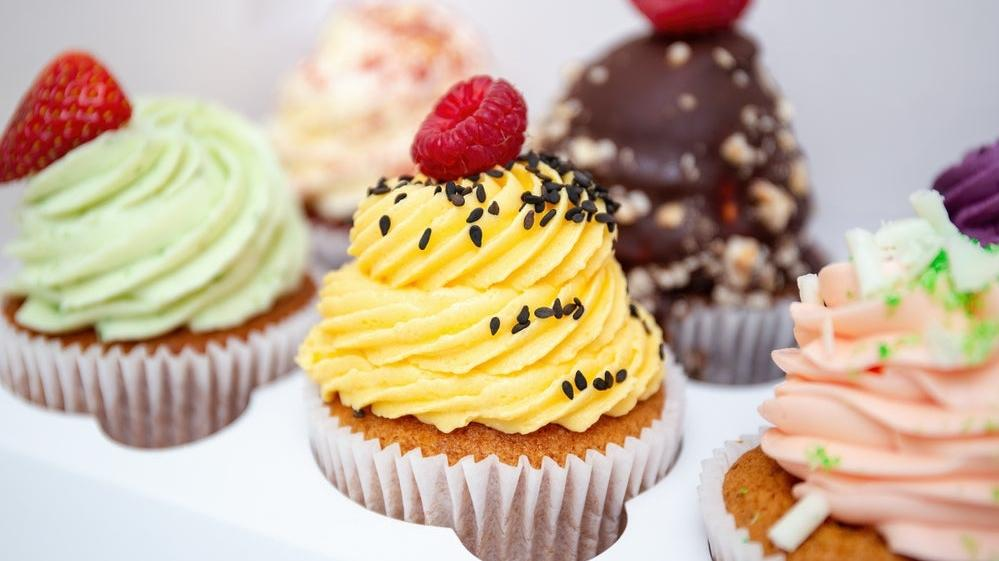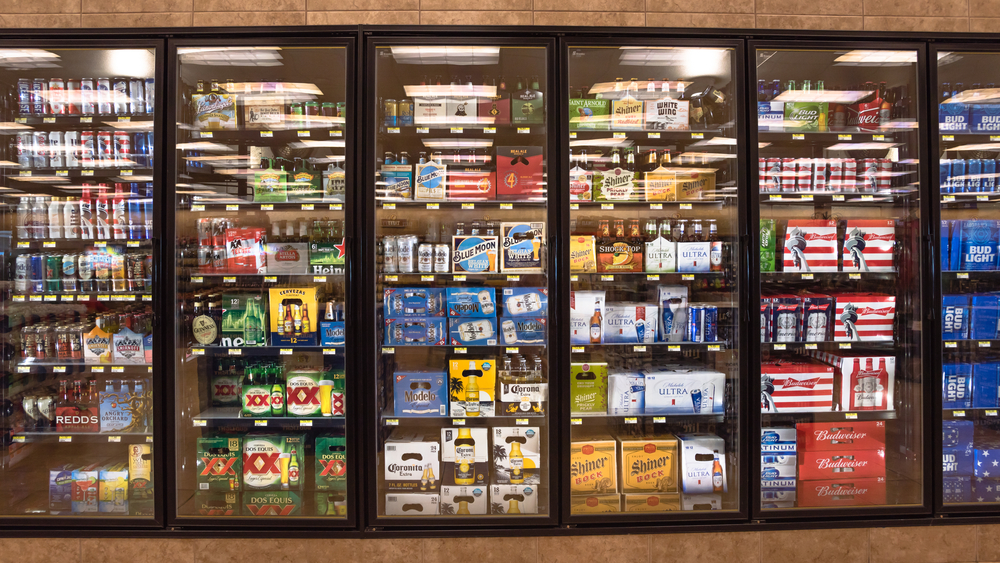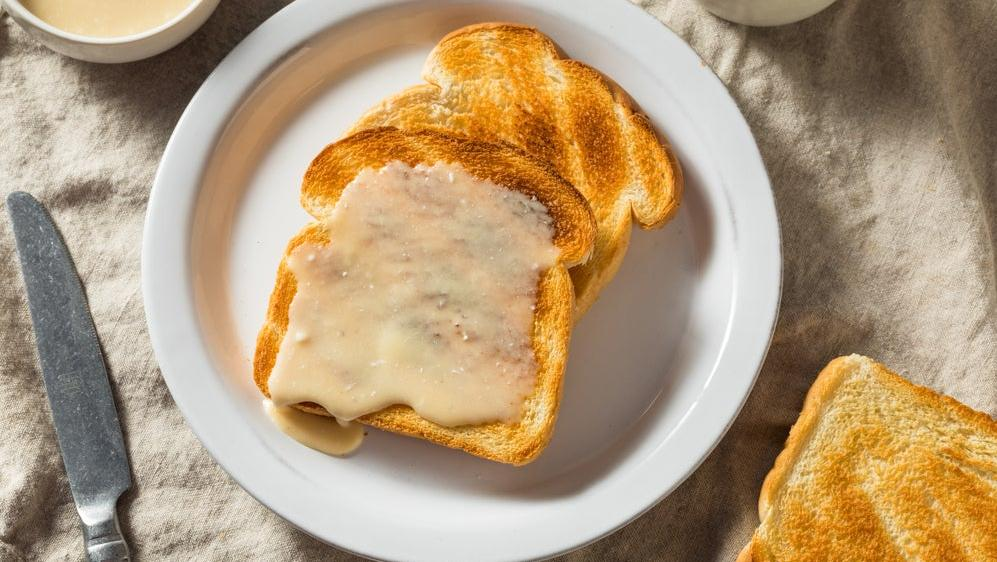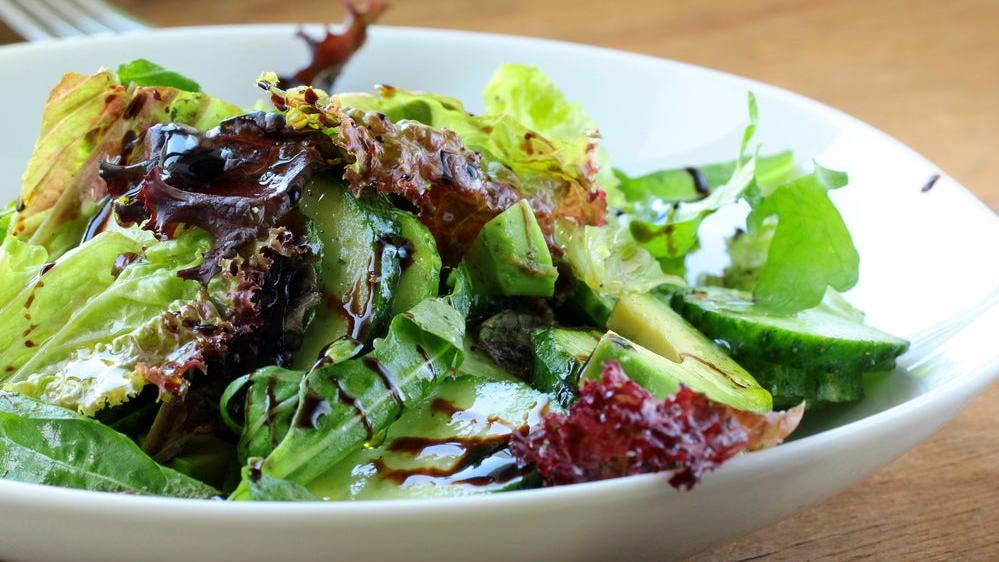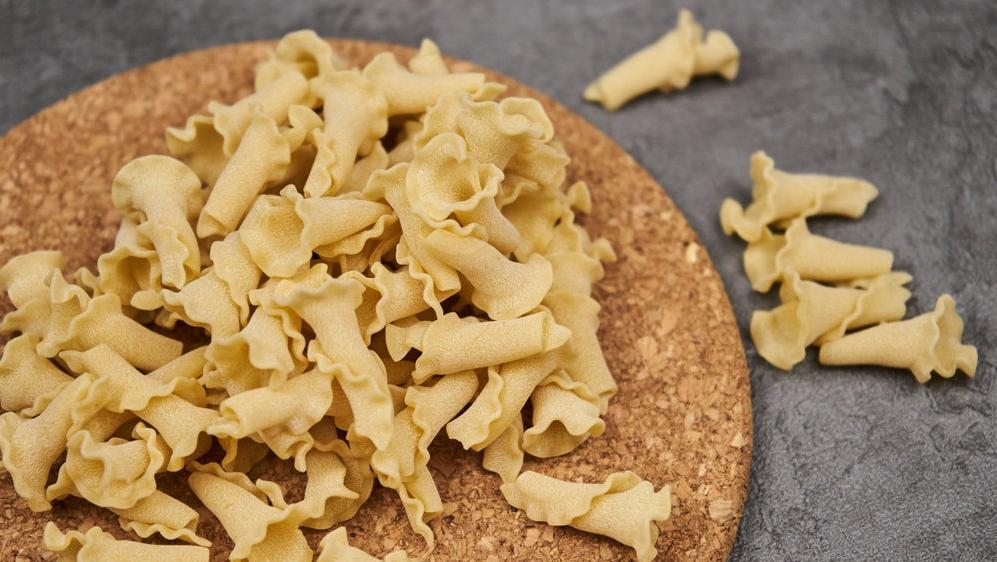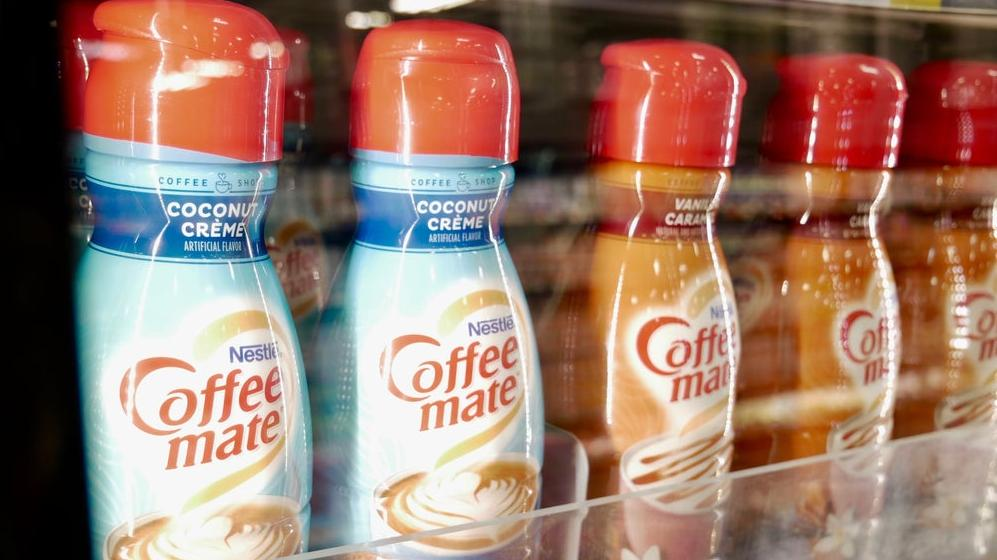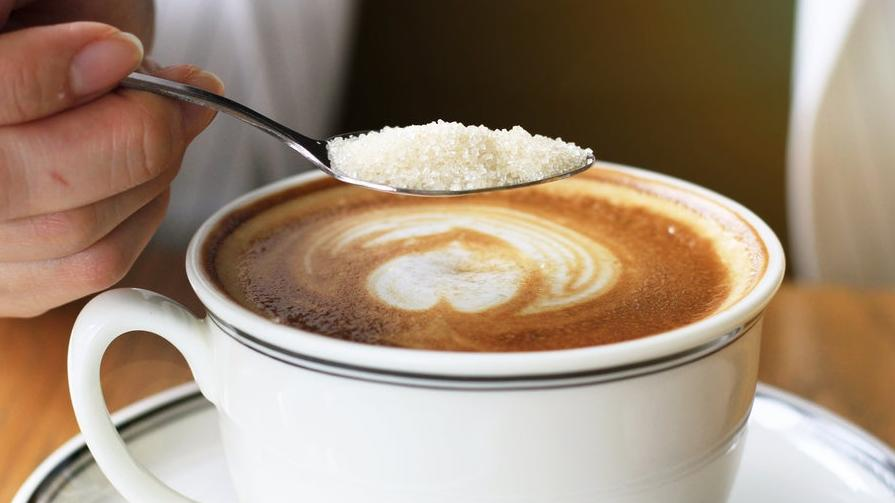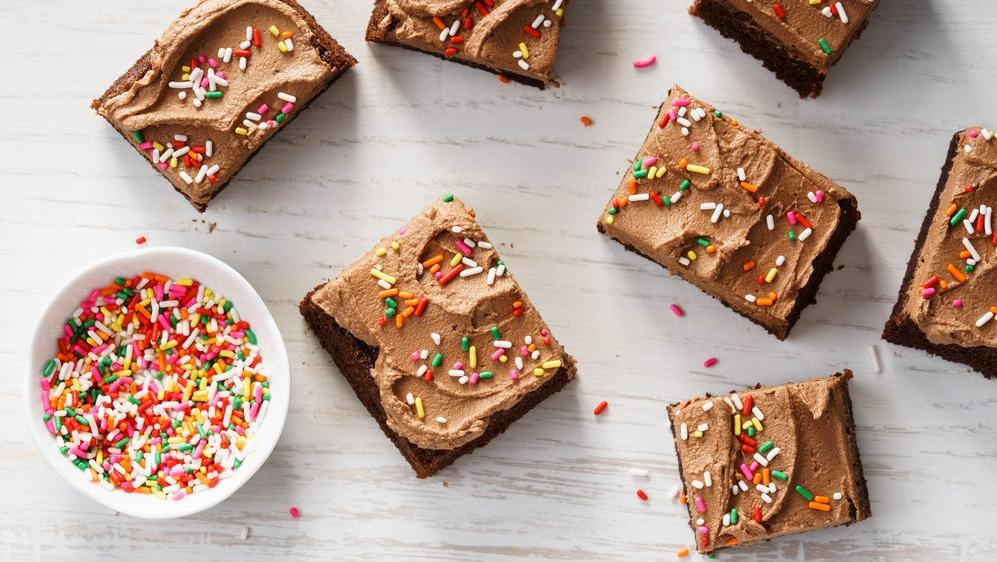7 Foods That Aren't As Vegan-Friendly As They Seem
If you're new to a plant-based diet, bear these common pitfalls in mind.
Plant-based diets are on the rise in the United States. While animal cruelty is often cited as a reason to go vegetarian or vegan, more people are moving to plant-based for its eco-friendly reputation and for health reasons as well. According to the American College of Lifestyle Medicine, a low-fat, plant-based diet can have a range of positive health effects. Whatever the reason, plant-based is on the rise: Allied Market Research notes the vegan food market is expected to grow from a $19.7 billion market in 2020 to a $36.3 billion one in 2030.
Yet while more people are choosing a plant-based lifestyle, animal products can pop up in surprising ways in the culinary world, which makes navigating a restaurant menu or grocery aisle a bit of a challenge. What follows are seven foods you might assume are plant-based, but are produced in ways that can introduce animal products into the mix. As long as you know what's in these commercial products, you can make the plant-based choices that are right for you.
Beer
A non-vegan substance called isinglass is used as a clarifier in some beers. Isinglass is derived from fish bladders. Egg whites and casein (a milk byproduct) are also sometimes used, though this is less common in the modern era. Without a product list on beer or wine packaging, it can be hard to parse out what's in your drink, but some brands are labeled vegan.
Bread
Though its primary ingredients most often consist of water, flour, yeast, and salt, bread can include a range of ingredients derived from animal products, including eggs and milk. Sometimes they're added as-is, but other times it can be a little more sneaky. For example, I make pumpernickel bread that has some dry milk in it as a softener. In addition, whey, a milk byproduct, is used in some recipes, and L. Cysteine, a dough conditioner that can lengthen the shelf life of commercial breads, contains animal products, too. Specifically, L. Cysteine can contain hog hair and poultry feathers, and while there are synthetic versions available, they can cost more, so they're not the default.
Salad dressing
Though salad is a great go-to when you're navigating a menu and trying to pick the best plant-based option, salad dressing stands to upend your best efforts. Caesar dressing traditionally contains anchovies, and creamy dressings typically contain dairy, including Parmesan cheese, buttermilk, and cream. Mayonnaise is also a popular contender in creamy dressings. Even in vinaigrettes, honey is a popular sweetener in dressings and is not considered to be vegan friendly because it's made by bees. It's not all bad news, though: Some restaurants use maple to sweeten their vinaigrettes, and there are plenty of vegan salad dressings available at grocery stores.
Pasta
Pasta with plant-based tomato sauce would seem, at first blush, to be a great option for a vegan who is dining out. But although some grocery store pasta is vegan, a lot of fresh pasta recipes, including those found in the refrigerated section of the grocery store, contain egg and other dairy products, including whey.
Non-dairy creamer
Let's say you've gotten through a dinner out choosing a vegan beverage, appetizer, and entree, and now it's dessert time. Coffee is offered, and ordered. You used to put milk in it, and the restaurant doesn't have vegan oat or nut milk. Non-dairy creamer should be fine, right? Not so fast. Some non-dairy creamers still use casein, a protein found in milk, in their formulations.
White sugar
Speaking of what's going in your cup of coffee, I was surprised to learn that much conventional white sugar is not technically vegan. It's sometimes processed with a material called bone char, which right away doesn't sound vegan friendly, and isn't. AllRecipes explains that in the refining process, bone char, made from the charred bones of livestock animals, is used to decolorize and purify the sugar. The material is used less often now, and in the U.S., sugar labeled "organic" is not processed with bone char. So rest assured you don't have to give up baking to be vegan.
Sprinkles
This one really threw me for a loop. I can imagine a world where I choose a non-dairy, vegan ice cream. I can imagine buying coconut-based canned whipped cream to swirl on top of it. I can also imagine a world in which I pour sprinkles all over that bowl, because sprinkles are fun, and I like fun. Yet a strictly adherent vegan might want to rethink sprinkles since, in addition to the aforementioned white sugar, they can contain confectioner's glaze, also known as shellac, which I regret to inform you is made from insect secretions.
